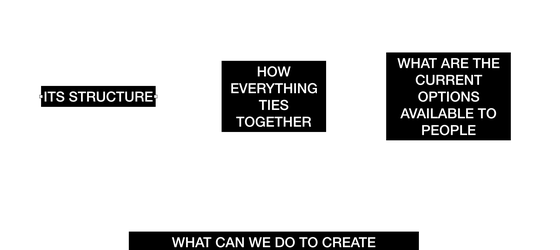WPF comments to NIST regarding its differential privacy guidance
WPF submitted comments to the National Institute of Standards and Technology regarding its Draft Guidelines for Evaluating Differential Privacy Guarantees . The comments approach the NIST Draft Guidance from a policy perspective, and urged changes to some parts of the definitional language in the Draft Guidance. Key areas of the ...


